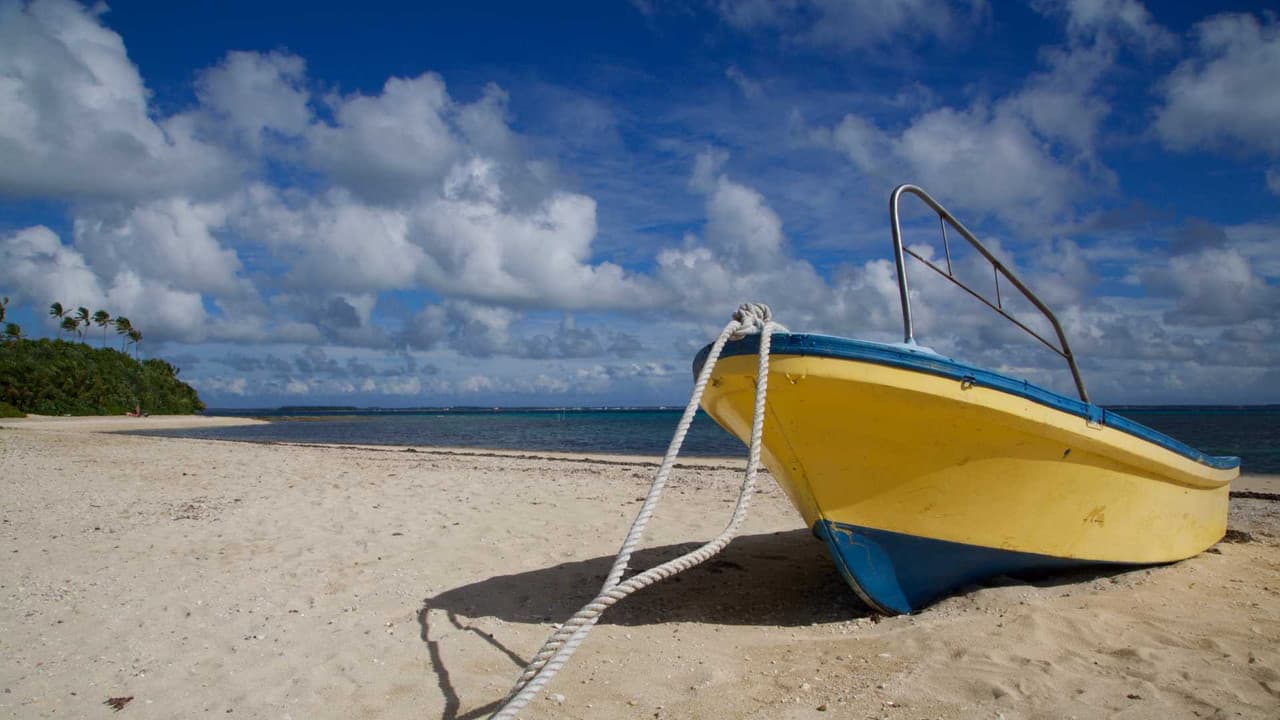Tonga's labor laws provide a framework designed to protect the rights and welfare of employees across various sectors. These regulations establish minimum standards for employment conditions, ensuring fair treatment, safe workplaces, and clear procedures for managing employment relationships. Understanding these provisions is crucial for both employers and employees operating within the Kingdom.
The legal framework aims to create a balanced environment, addressing aspects from the initial hiring process through to the termination of employment, and providing mechanisms for resolving workplace issues that may arise. Adherence to these laws is fundamental for fostering productive and equitable working relationships.
Termination Rights and Procedures
The termination of employment in Tonga is governed by specific legal requirements intended to ensure fairness and provide employees with appropriate notice or compensation in lieu of notice. Employers must follow prescribed procedures, which typically depend on the reason for termination and the employee's length of service.
Notice periods are generally mandated unless the termination is for serious misconduct. The required notice period often increases with the employee's tenure.
| Length of Continuous Service | Minimum Notice Period Required |
|---|---|
| Less than 6 months | 1 week |
| 6 months to less than 2 years | 2 weeks |
| 2 years to less than 5 years | 4 weeks |
| 5 years or more | 8 weeks |
Termination for cause, such as serious misconduct, may allow for immediate dismissal without notice, but the employer must still follow a fair process, including investigating the alleged misconduct and giving the employee an opportunity to respond. Redundancy procedures also require specific steps, including consultation and potential severance payments.
Anti-Discrimination Laws and Enforcement
Tongan law prohibits discrimination in employment based on certain protected characteristics. These protections aim to ensure that individuals are not unfairly disadvantaged in hiring, promotion, training, or other aspects of employment due to factors unrelated to their ability to perform the job.
Protected characteristics typically include:
- Race
- Sex
- Religion
- Political opinion
- National extraction or social origin
While specific enforcement mechanisms may vary, employees who believe they have been subjected to discrimination can typically seek recourse through established labor dispute resolution channels. Employers are expected to implement policies that promote equal opportunity and prevent discriminatory practices within the workplace.
Working Conditions Standards and Regulations
Regulations in Tonga set minimum standards for various aspects of working conditions to protect employee well-being. These standards cover areas such as working hours, rest periods, public holidays, and leave entitlements.
Standard working hours are generally defined, with provisions for overtime pay for work exceeding these hours. Employees are entitled to daily and weekly rest periods. Public holidays are observed, and employees are typically entitled to paid leave on these days or compensation for working them.
Leave entitlements include:
- Annual Leave: Employees accrue paid annual leave based on their length of service.
- Sick Leave: Provisions are made for paid sick leave, subject to certain conditions, such as providing a medical certificate.
- Maternity Leave: Female employees are entitled to maternity leave, with specific provisions regarding duration and pay.
Minimum wage rates may also be established by law, setting a baseline for employee compensation.
Workplace Health and Safety Requirements
Employers in Tonga have a legal duty to provide a safe and healthy working environment for their employees. This involves taking reasonable steps to prevent accidents and injuries and to minimize risks associated with the work being performed.
Key requirements include:
- Identifying and assessing workplace hazards.
- Implementing control measures to eliminate or reduce risks.
- Providing necessary personal protective equipment (PPE).
- Ensuring machinery and equipment are safe to use and properly maintained.
- Providing adequate training on health and safety procedures.
- Establishing procedures for reporting and investigating accidents and incidents.
Employees also have responsibilities to follow safety procedures and report hazards. Regulatory bodies may conduct inspections to ensure compliance with health and safety standards.
Dispute Resolution Mechanisms
When workplace issues or disputes arise, Tongan law provides mechanisms for resolution outside of immediate court action. These processes are designed to facilitate the resolution of grievances in a fair and timely manner.
Common mechanisms include:
- Internal Grievance Procedures: Employees are often encouraged to first raise issues directly with their employer or through internal company procedures.
- Mediation and Conciliation: Impartial third parties may assist employers and employees in reaching a mutually acceptable resolution.
- Labor Tribunals or Courts: If disputes cannot be resolved through internal or mediated processes, they may be referred to a labor tribunal or the court system for a binding decision.
Employees have the right to seek assistance and pursue their grievances through these formal channels if their rights under labor law are violated. These mechanisms cover a range of issues, including unfair dismissal, wage disputes, and breaches of employment terms.
Employ top talent in Tonga through our Employer of Record service
Book a call with our EOR experts to learn more about how we can help you in Tonga







Book a call with our EOR experts to learn more about how we can help you in Tonga.
Trusted by more than 1000 companies around the globe



